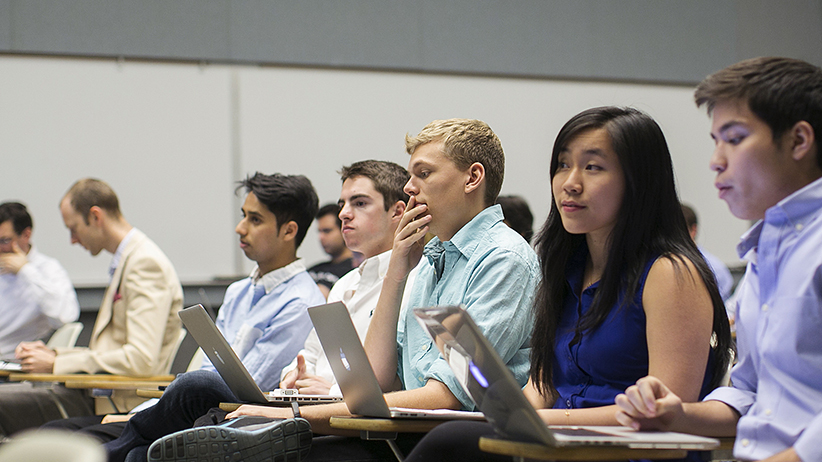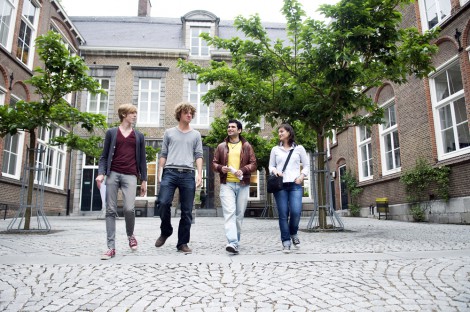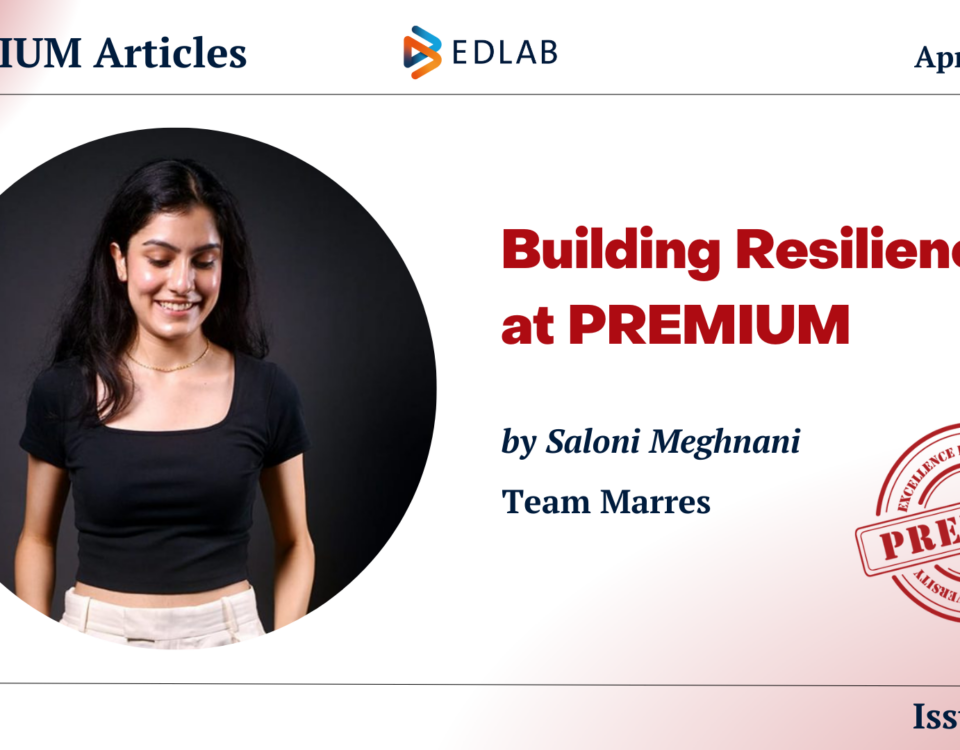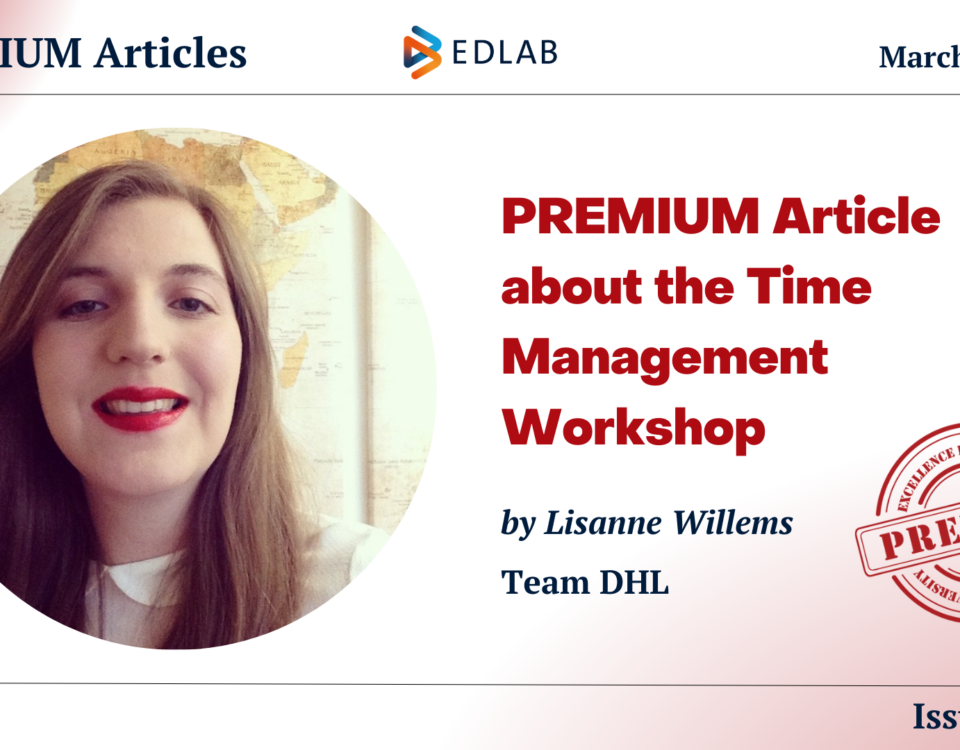
Our Sitting Habits in Numbers: The Dutch Sit Too Much
18-07-2016
An hour a day, keeps the doctor away
04-08-2016Last month we sat down with MaRBLe alumni Sanne ten Oever to chat about her experience as a MaRBLe student. In 2007 Sanne came to Maastricht to start the Bachelor in Psychology. The focus on biology and the interactive atmosphere made her excited for this specific programme. During the third year she applied for MaRBLe to explore her interest in research. After coming up with a topic and looking for a supervisor she started a 6-month research project that looked into audiovisual integration, which resulted in her very first academic publication. But that was just the start of her research career. Today Sanne is still at Maastricht University, graduate of the MA Cognitive Neuroscience and in June 2016 she received her PhD.
MaRBLe
Research has not always been on Sanne’s radar, but after a period focused on research skills during the second year of her Bachelor, her interest was sparked. When the opportunity came to apply for MaRBLe, it seemed like a great way to develop this interest. “The Psychology Bachelor already gives a great basis for research skills. During MaRBLe you have a chance to apply and develop that.” She especially appreciated the individual nature of her MaRBLe experience, although this also came with a need to do everything very intrinsically. In total there were 20 MaRBLe students. “Everyone did their own research under supervision of a staff member. Every now and then we had meetings where we presented our work to the rest of the group.” Supervisors could be found all around the psychology faculty and Sanne decided to fall back on the tutor from her second year’s research period, where she first became enthusiastic about doing research. “Our collaboration went very well, my supervisor had a lot of time for me.” Sanne concentrated on a project about audiovisual integration. Her paper Sound of Size: crossmodal binding in pitch-size synesthesia (a combined TMS, EEG and psychophysics study) was even published in an academic journal.
The Psychology Bachelor already gives a great basis for research skills. During MaRBLe you have a chance to apply and develop that.
PROCESS
When looking back, Sanne especially highlights how much she learned from the responsibility that came with designing a research project from start to finish. “I had a lot of time during MaRBLe to really dive into topics. It helped me a lot to have the idea that I could solve issues myself. You have to develop your frustration barrier and see how far you want to go in figuring things out yourself. Sometimes I sat behind my computer for 8 hours to solve one little thing. It was great to be able to work that independently while still having your supervisor to fall back on when needed.” Sanne was lucky enough to not experience many pitfalls during her project, but she does remember the difficulty of time-management. “Especially the data-analysis took a lot of time. I notice that a lot of my interns underestimate how much work it is, and I probably did the same at the time. You have never been through the process, so you don’t take all the necessary things into account. You can read what other people have done, but you can never really know how much time it will really take you.”
You have to develop your frustration barrier and see how far you want to go in figuring things out yourself.
These experiences helped Sanne to develop her interest in research and gave her the skills to move further in her research career. Sanne didn’t hesitate when asked if she would recommend MaRBLe to current student: “If you really want to know what research is, this is the way to go. It is an amazing experience that is a great addition to your CV and you will learn a lot about yourself. Especially if you can get a publication out of it, that brings a lot of extra value when applying to Master programmes or PhD funding.”
LIFE AFTER MaRBLe
After presenting her final work at the MaRBLe symposium and publishing her work, Sanne knew she wanted to pursue a research career. She applied to the MA Cognitive Neuroscience in Maastricht where she further developed her interest in audiovisual integration. “The first year of the Master consisted of courses, and in the second year I did a 9-month internship in New York. Here I concentrated more specifically on the temporal relation between visual and auditory stimuli and how we use those.” After this, Sanne wanted to continue her path and applied to funding from the NWO-research talent bursary, allowing her to start her PhD, How Neuronal Oscillations Code for Temporal Statistics. In June she successfully finished this chapter of her career. “I feel my topic of interest has changed quite a lot from where I started at MaRBLe. But when looking back it is a logical development of my interest, supported by the people surrounding me at different stages.” And some of the people who surrounded her then, still do today: “I am still in touch with some fellow MaRBLe students. Just like me, some are still in Maastricht, so we often see each other around. We have the same way of thinking and want to follow the same path.”




